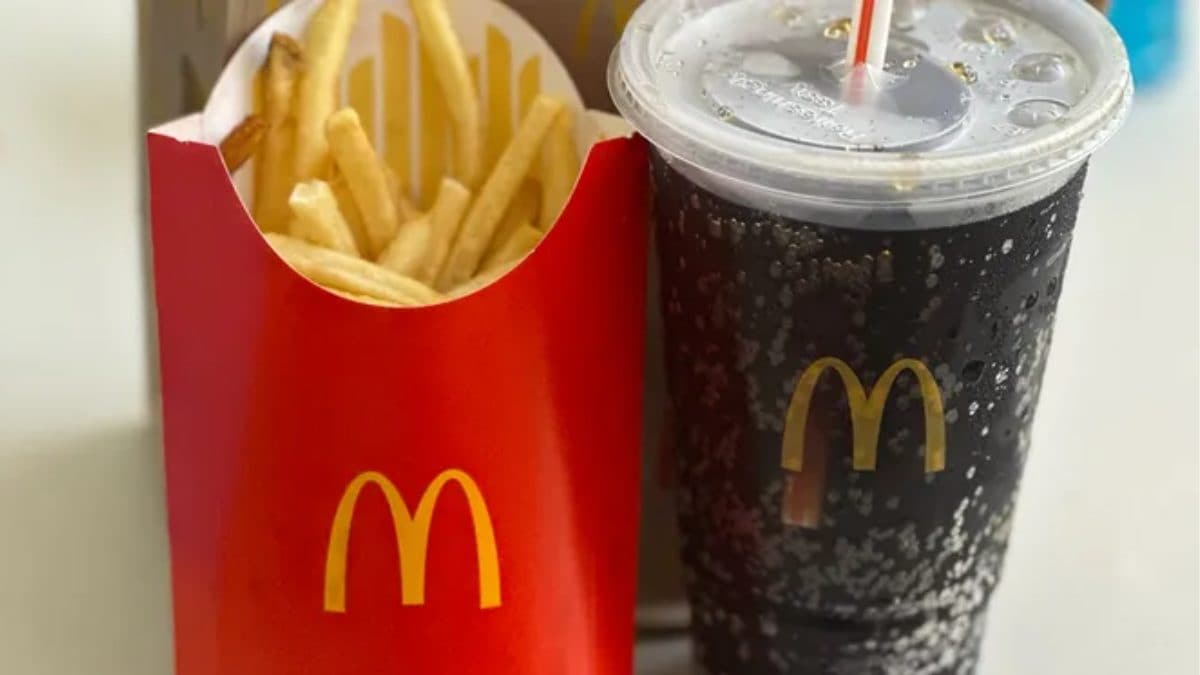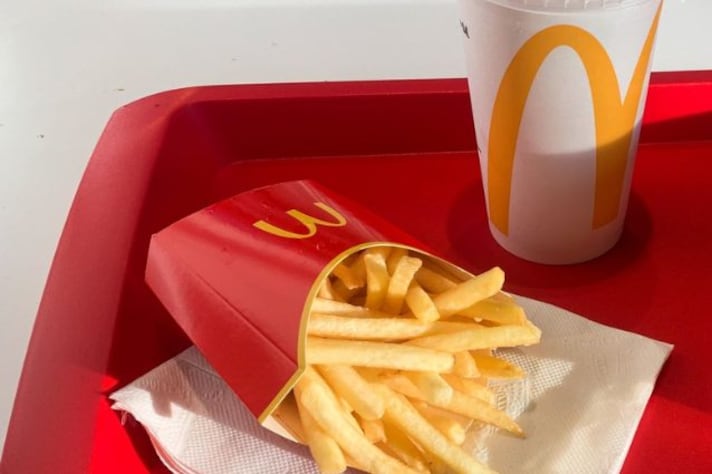
When a viral TikTok video from neurologist Dr. Jessica Lowe showcased a “McMigraine Meal”—a large Coca-Cola paired with a generous serving of McDonald’s fries—as an almost miraculous remedy for migraine attacks, viewers were intrigued and skeptical in equal measure. The simple combination promises rapid relief by targeting key migraine triggers, but experts caution that it’s no substitute for proper medical care.
Dr. Lowe explains that the high caffeine content in a large Coca-Cola can constrict the dilated blood vessels in the brain responsible for migraine pain, while the salty fries help restore electrolytes and hydration lost during an attack. Carbohydrates from the fries and soda also boost blood sugar levels, combating the hypoglycemia that often accompanies or worsens migraine symptoms. Together, these elements can create a temporary window of relief, making the “McMigraine Meal” an appealing quick fix for those desperate to alleviate throbbing headaches.
Yet neurologists warn that this hack carries significant caveats. Regularly consuming large amounts of caffeine can lead to rebound headaches, a phenomenon where overuse of caffeine triggers its own headache cycle once the effects wear off. Likewise, the high sodium load may temporarily improve hydration but poses long-term cardiovascular risks if relied upon frequently, especially for individuals with hypertension or heart conditions. What’s more, some migraine sufferers are sensitive to greasy or processed foods, meaning the fries themselves could paradoxically spark new headaches.

For sustainable migraine management, specialists advocate a more balanced approach. Staying consistently hydrated with water or electrolyte-rich beverages can prevent the dehydration spikes that provoke migraines. Maintaining steady blood sugar through regular, nutritious meals—featuring whole grains, lean protein, and fresh produce—helps avert the carbohydrate crashes that make migraine attacks more severe. Evidence-based medications, such as triptans and nonsteroidal anti-inflammatory drugs (NSAIDs), remain the cornerstone of acute migraine relief, and preventive prescriptions or neuromodulation techniques may be appropriate for chronic sufferers.
While the “McMigraine Meal” may offer a fleeting respite for some, it underscores a broader desire for accessible, immediate headache remedies. Ultimately, turning to fast food for medical relief highlights the need for comprehensive migraine care plans tailored to each individual’s triggers, dietary sensitivities, and health profile. Those experiencing frequent or debilitating migraines should seek a neurologist’s guidance rather than relying on a viral hack—no matter how comforting a box of fries and a frosty soda may seem.
;Resize,width=767;)
